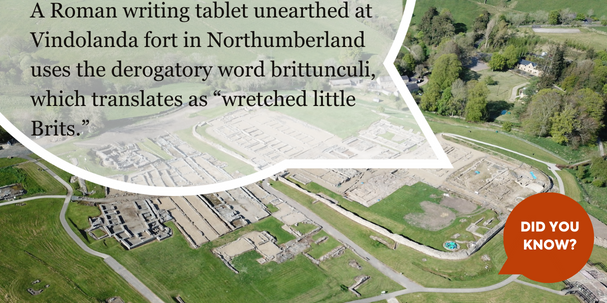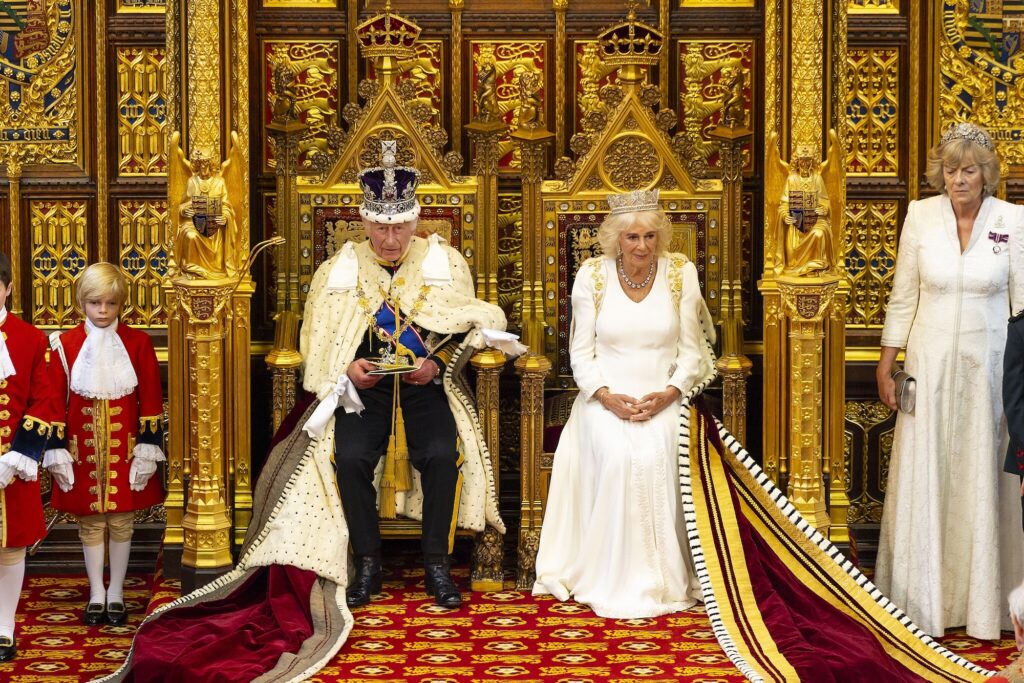
If there’s one thing we do exceptionally well, it’s political pageantry.
Yesterday (July 17) was the State Opening of Parliament, and the King’s Speech, setting out the government’s legislative agenda.
In the morning, the Yeoman of the Guard conducted a ceremonial search for explosives in the cellar, thanks to the Gunpowder Plot.
The Imperial State Crown travels to Parliament in its own horse-drawn carriage. The Crown is topped by a sapphire owned by Edward the Confessor a thousand years ago.
When it’s time for the King’s Speech itself, Black Rod gets the door of the Commons shut in their face when they come to gather MPs to bring them to the Lords. The frame of the grate on the door is worn from hundreds of years of knocking.
Meanwhile an MP is ‘taken hostage’ at Buckingham Palace to ensure the King’s safe return.
Many of these practices date back centuries, and it’s interesting how some remain and others disappear in our political institutions.
The Speaker is still dragged from the benches at the start of a parliament, even though Sir Lindsay Hoyle very much wants the job.
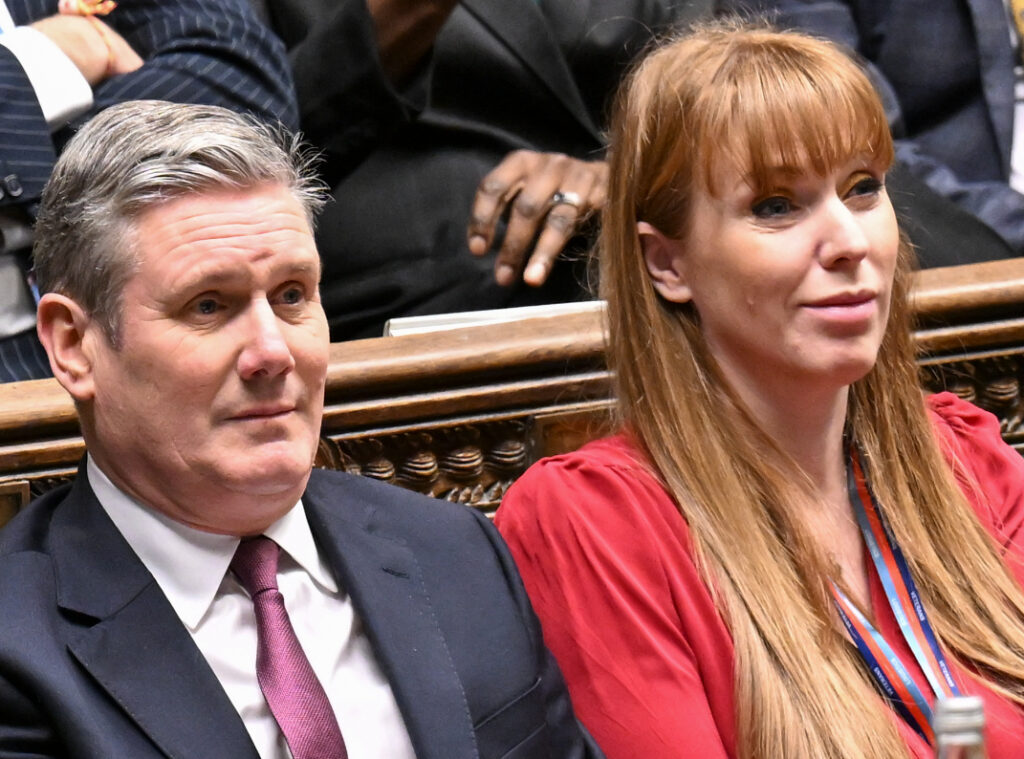
But, you no longer have to wear a top hat when making a point of order during a vote — although that only disappeared in 1998.
And, no longer is the Lord Chancellor required to walk backwards down the steps from the throne, and Shabana Mahmood was able to turn and descend safely having delivered the speech to the monarch.
Because the speech is, of course, written by the Government, even though it’s given by the King.
It is very much Labour and new Prime Minister Keir Starmer’s agenda, and they’ve been keen to demonstrate that they’ve arrived in office with momentum.
- Read more: Levelling Up is dead. Long Live growth through devolution
- Read more: Honoured for connecting communities
It does mean you get to hear the monarch amusingly utter phrases they’d never normally use — this year’s example came right at the beginning of the speech when the King spoke of a ‘mission-led’ government.
It’s a bit of corporate-speak you don’t suppose is often heard around Buckingham Palace, but the underlying message is one Labour has been wedded to for some time. They’ll intend to focus on pulling together the resources of the public sector and partnerships with the private sector to deliver on big goals.
The five missions they’ve set are ones we’d recognise regionally as well, around economic growth, energy, safer streets, removing barriers to opportunity and fixing the NHS.
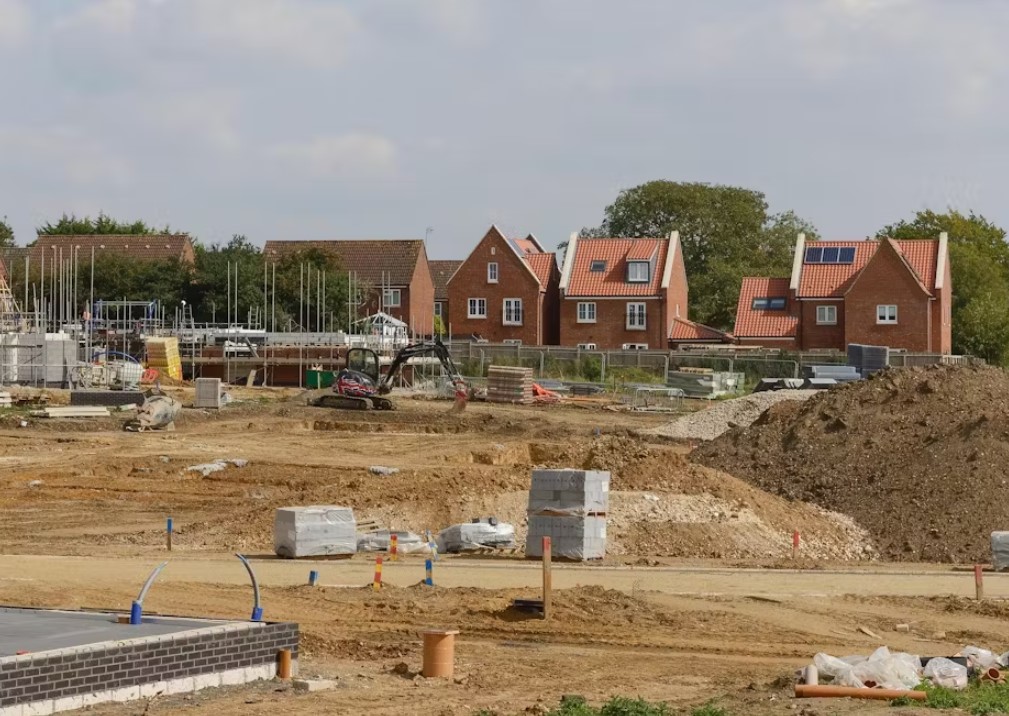
Under that, the King laid out an ambitious agenda of 35 bills, but there were some which have a particular relevance to the North East.
Firstly, promises of reforms to planning. This is a region in substantial need of regeneration, and with significant pockets of brownfield land which could be turned to housing or new employment uses. There is also a huge opportunity from onshore wind, both for large-scale generation and to support industry, which has been hampered by planning rules.
Rather than take massive action itself, the Government appears to be keen to devolve planning and let mayors make the decisions to deliver more homes. On paper, that’s a positive step, but it has to come with extra resources to support strategy development, funding for over-stretched planning departments, and the power to genuinely get things done on larger schemes.
There’s to be a new body, Skills England, targeted at reforming education — including the Apprenticeship Levy — working closer with business. This is important for a region like the North East, where vocational skills are a critical part of our economy.
Apprenticeship starts in the region have fallen significantly since the Levy was introduced in 2017, from around 6,500 in the 2015/16 academic year to just under 3,000 in the pandemic-affected 2020-21 year.
Part of the change has been a greater proportion of ‘advanced’ apprenticeships, as firms tap into the Levy for management skills, rather than for entry level ones. All skills development is positive, but reforms need to bring the focus on creating opportunity for young people and aligning with industrial needs.

On those industrial needs, the King mentioned Great British Energy, and efforts to pursue new technologies in the renewables sector. This is a strength for the North East, with more than 7,500 people already employed in our low carbon economy, which has a turnover of £2.7bn annually.
The North East has a role to play in delivering on those national priorities, especially around net zero, while benefiting locally.
The Speech talked up the role of Combined Authorities and Metro Mayors, touching on greater devolution and a new Council of the Nations and Regions which will put mayors alongside Scottish, Welsh and Northern Irish leaders to help coordinate on key issues.
- Read more: Bitter battle for Burnhope’s soul
- Read more: Delicious way to enjoy the North East
That’s encouraging, and aligning local growth plans with national industrial strategy can see all regions benefit.
The untested bit is the filtering down of those priorities — and those five big missions — through regional mayors to the frontline, where tangible improvements can be made to people’s lives.
For her part, Kim McGuinness has started rapidly, focusing on the powers she has, around transport in particular, to make steps forward around bus franchising, extending the metro and reopening the Leamside Line.
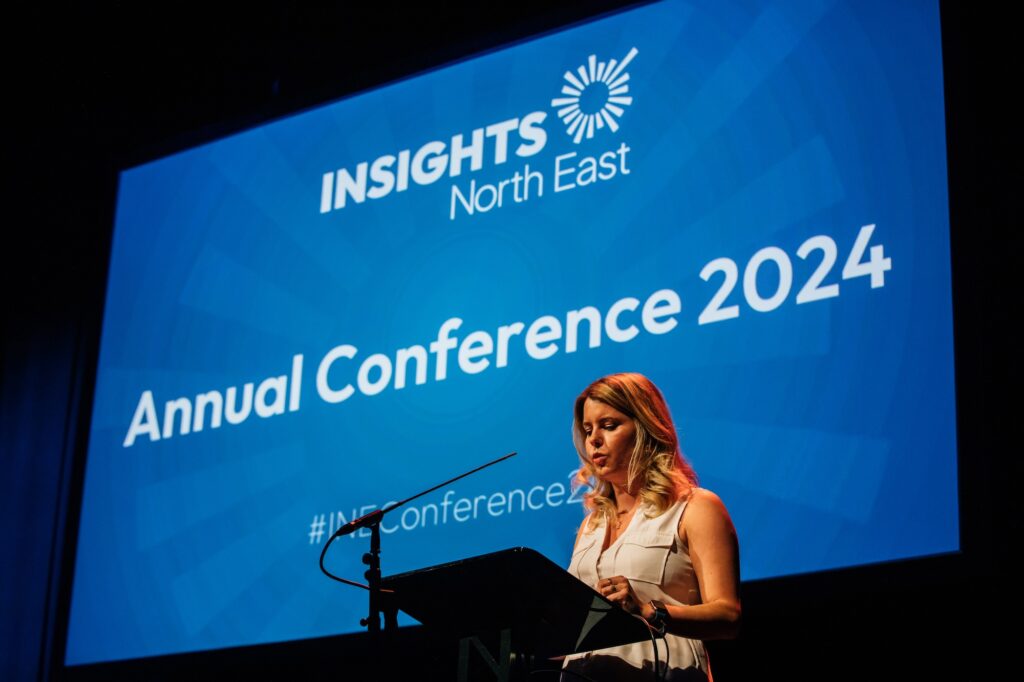
These are big, eye-catching policies which align with where Labour is going centrally — both bus franchising and renationalisation of the railways were included in the King’s Speech — meaning the region is going with the grain rather than against it.
McGuinness has also found herself pushing at an open door around greater powers for mayors.
It may seem crass to go asking for more when you’re just a couple of months into the job, but the length of time these things take means now is precisely the time to start pushing for more powers and more autonomy.
Greater Manchester is on the sixth iteration of its devolution deal since 2014, with the first four of those coming between November 2014 and November 2015.
The North East, by comparison is on its first as a whole region, agreed in 2022, and its second if you view it as a continuation of the North of Tyne deal from 2017.
We have a way to go yet, especially around control over planning, support for children and families, health, and the region’s trade and investment proposition.
But, with a national government committed to greater devolution, and an emerging alignment between the region and Westminster’s priorities, we can perhaps borrow one of the final lines of the King’s Speech to point the way forward: “Other measures will be laid before you.”
